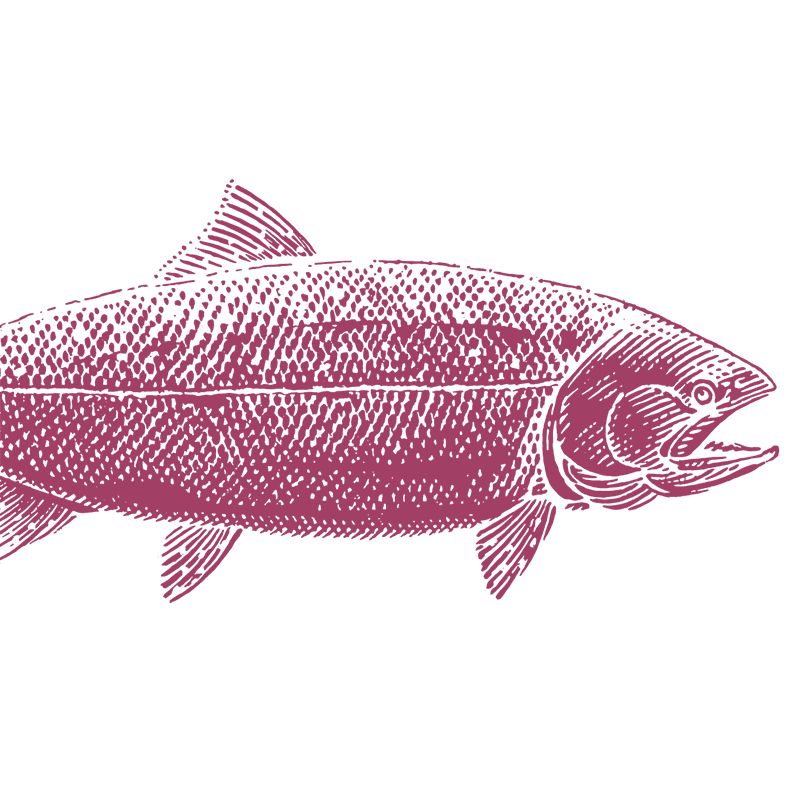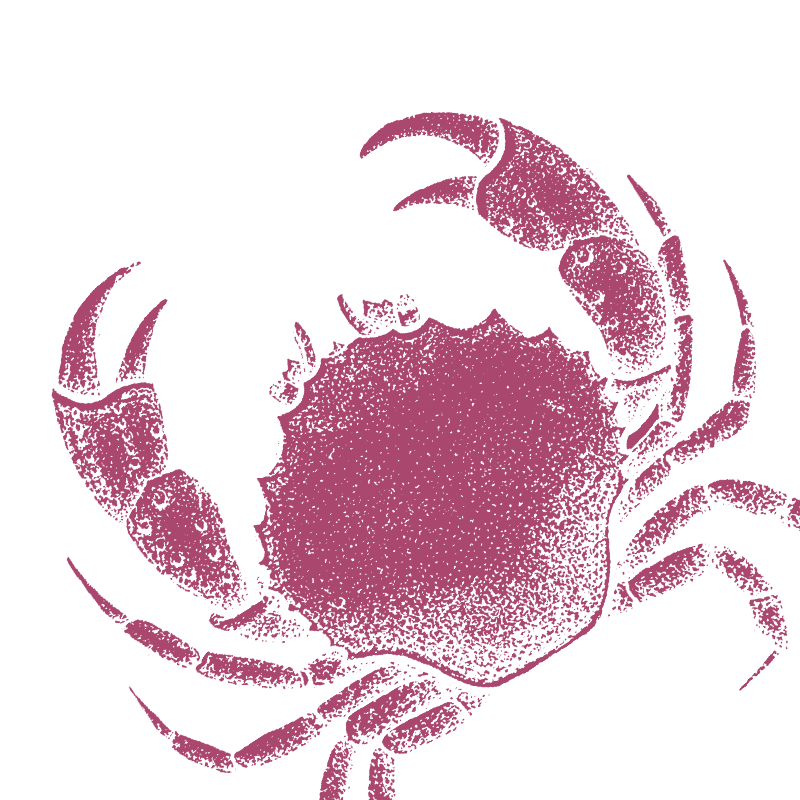Asking NOAA to Increase Protections for Chinook and Southern Resident Killer Whales (August 2, 2021)
In partnership with the National Fisheries Conservation Center (NFCC), PCC submitted comments to the National Oceanic and Atmospheric Administration (NOAA) urging stronger protections for Chinook salmon and Southern Resident killer whales (SRKW) in their proposed amendments to the Pacific Coast Fishery Management Plan.


